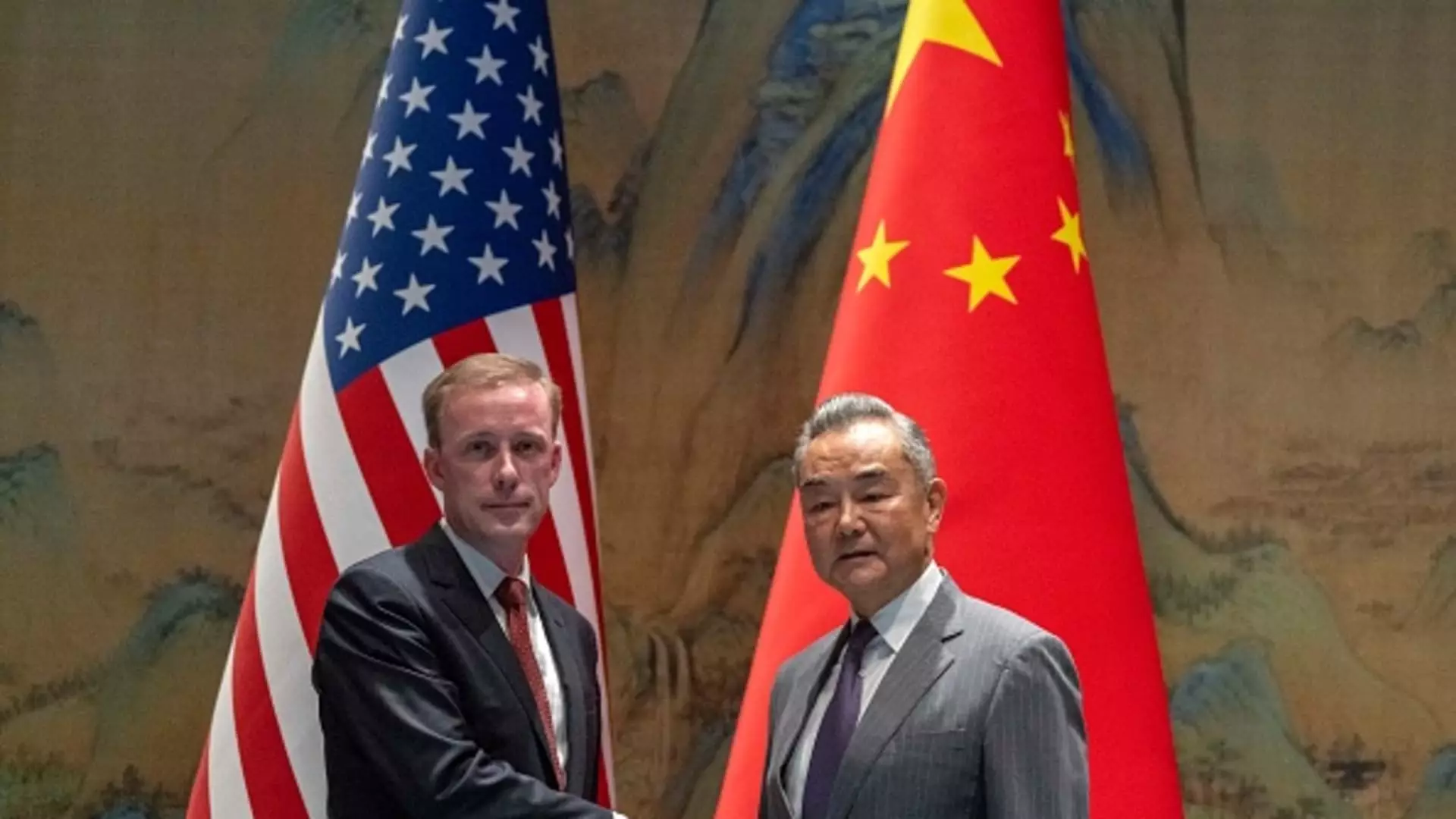The news of U.S. President Joe Biden and Chinese President Xi Jinping scheduled to speak over the phone in the “coming weeks” has sparked interest and speculation. This announcement came amidst U.S. national security adviser Jake Sullivan’s recent trip to Beijing to meet with China’s top diplomat, Wang Yi. Both sides have also mentioned plans for their military leaders to have a call in the near future. Additionally, there is mention of a second round of U.S.-China talks on artificial intelligence being in the works. The White House has disclosed that John Podesta, senior advisor to the president for international climate policy, will be traveling to China soon, although no specific date was provided.
The official readouts of Sullivan’s trip outlined some important areas of discussion such as tech restrictions, Taiwan, the South China Sea, and Ukraine. Both governments maintained their stances on these contentious issues. It is noteworthy to mention that Biden will not be seeking reelection in November, passing the torch to his vice president, Kamala Harris. The news release from the White House regarding the upcoming call refrained from naming the presidents involved, instead referring to it as a “leader-level call.” On the other hand, the Chinese statement used its customary phrasing of “two heads of state” and conveyed talks regarding “a new round of interaction.”
Biden and Xi have a history of communication, with a nearly two-hour phone call taking place in early April following their meeting in November 2023. However, maintaining high-level communication between the United States and China has been challenging in recent times due to escalating tensions and Covid-19 restrictions. Past incidents like Nancy Pelosi’s trip to Taiwan in 2022 and a tense “balloon incident” in 2023 have soured relations between the two nations, resulting in the suspension of some planned discussions.
Jake Sullivan’s visit to Beijing, his first as national security adviser, signifies the importance of diplomatic engagement between the U.S. and China. Despite the challenges, Sullivan held extensive discussions with Wang Yi during his two-day visit. The last official trip to China by a U.S. president’s national security adviser dates back to 2016, indicating the significance of such visits in fostering bilateral relations.
The upcoming phone call between President Biden and President Xi Jinping holds strategic importance in navigating the complex dynamics between the United States and China. It remains to be seen how this dialogue will shape the future of relations between the two global superpowers.

